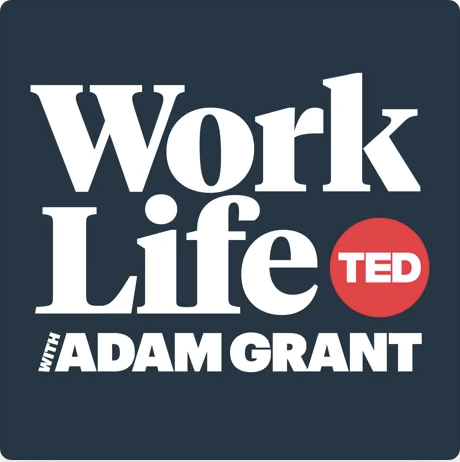
Insights
I Love This!
There are multiple factors that contributed to the awkward history, and just as many that have brought about the new reality, but credit has to go to all levels of leadership from both organizations (board, executives, staff, etc.) who have agreed to move forward with collegiality and sharing of best practices so that each can be more effective.
Learning “The Lore”
In your new organization there are key lessons to be found in long tenured employees, commonly repeated stories, and reports written over the years. Taking the time to look and listen enough to build a coherent grasp on the way things are around here allows you to make better decisions
Onboarding Advice
The first days, weeks, and months in a new role are crucial for leaders to connect, prioritize, and build momentum. Failing to do these things undermines your leadership. Indeed, some never recover from a poor start.
Beginning in 2024 I will be offering Onboarding Support for charity leaders as part of Lead With Catalyst’s work.
The Values of Saying No
When we don’t take that extra step it becomes too easy to end up just chasing the latest trend or the most recent post from someone we respect instead of building systems and approaches that truly reflect who we, and our organizations, most want to be.
Questioning Support
So how do we encourage appropriate vulnerability while recognizing that it means something different to particular people?
Changing Speeds
Healthy organizations develop rhythms of work that reflect the different demands of the year. They discern when to push harder, and when to dial it back a little. They understand that “full out all the time’ is a sure path to big mistakes and burn out.
The Gift of “Skubalon”
We talked about several examples, too close to both of us, of leaders who made decisions that undermined their credibility and did deep harm to people. In some cases destroying the organizations they had been entrusted to lead. It’s the same old story, even though each one hurts freshly in its own way.
Strategic Planning’s Missing Piece
I’ve seen too many organizations complete a strategic plan and then look around and realize the people on their team aren’t ready, willing, or able to lead the implementation.
It doesn’t have to be that way!
More Muscles
After a few moments of reflection he opened up a little more about some of the long held patterns in his life and leadership. He talked about the advantages and costs of being a driven leader. He wondered if this stable season might be a time to invest in more things outside work.
Perfectly Predictable
It makes sense; perfectionists are remarkable adept at getting everything right in contexts where they know what is required. But, as noted on the podcast, that is often limited to things that are familiar and comes at the cost of encouraging creativity and innovative problem solving. The need to be perfect is in tension with taking even necessary risks.
Birth Order, Horoscopes, and the Limits of Individuation
The ability of technology to factor all these data points to progressively narrow our profile is remarkable and always becoming more sophisticated.
As leaders, we can benefit from this in many ways; but let’s not completely outsource to AI the responsibility for knowing our people.
Crossing Over…
Charity leadership is not less stressful than for profit, and in many ways it isn’t always more meaningful. But if you’re sincerely interested in exploring how you can play in part in trying to make the world a better place we’d love to have you.
Hating Hoops
Circumstances change. Things happen. Plans that made perfect sense no longer fit.
That doesn’t mean we have to throw away all the good pieces we’ve prepared, but it does mean we should be adaptable to current realities. That goes for consultants as much as for CEOs and EDs.
Healthspan?
I get it. We all have too much to do and making the most of positive opportunities often means setting aside some of these longer term challenges while we ride the wave of momentum. Who wants to interrupt a good thing to deal with a minor irritation that might simply pass? Why draw attention to it when there’s so much good stuff happening?
Sooner Than Someday
My point is, someday isn’t going to arrive. In your family, your life, your leadership, your organization. We can’t do anything, or everything, but we can do something. But only if we do it Sooner Than Someday.
Site Specific Sickness
Honestly, it makes me kinda sad. I want to believe that with a sincere desire to address issues, some skilled facilitation, and a mutual openness to change, we can always rebuild trust and find a way to work together.
That may yet be true, but perhaps the cost is just too high.




















